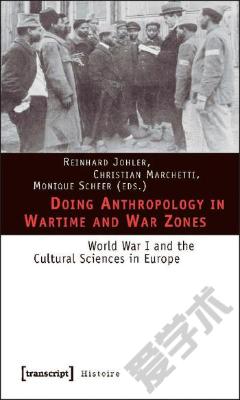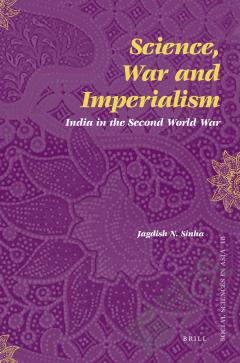Doing Anthropology In Wartime And War Zones —— World War I And The Cultural Sciences In Europe
----- 在战时和战区做人类学
World war i marks a well-known turning point in anthropology, and this volume is the first to examine the variety of forms it took in europe. Distinct national traditions emerged and institutes were founded, partly due to collaborations with the military. Researchers in the cultural sciences used war zones to gain access to informants: prisoner-of-war and refugee camps, occupied territories, even the front lines. Anthropologists tailored their inquiries to aid the war effort, contributed to interpretations of the war as a struggle between races, and assessed the warlike nature of the balkan region, whose crises were key to the outbreak of the great war.
{{comment.content}}








 京公网安备 11010802027623号
京公网安备 11010802027623号